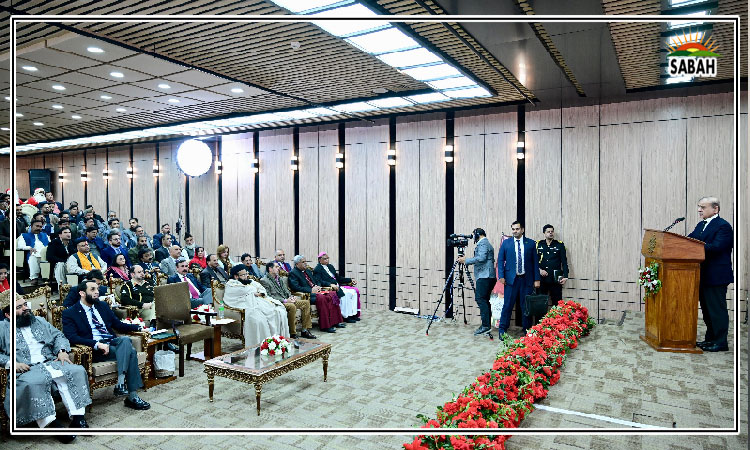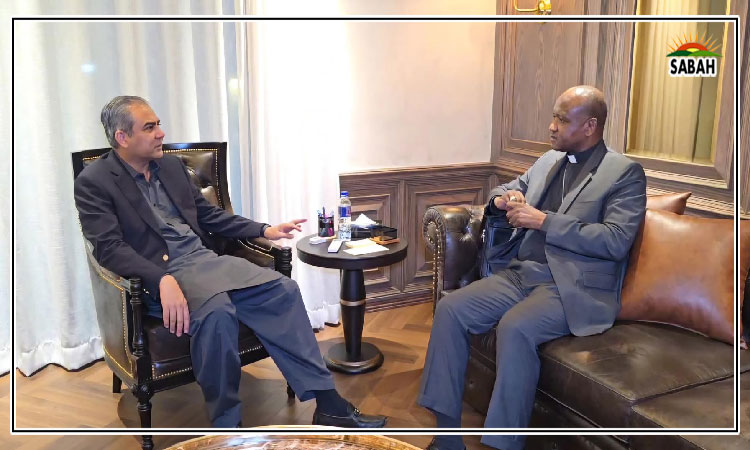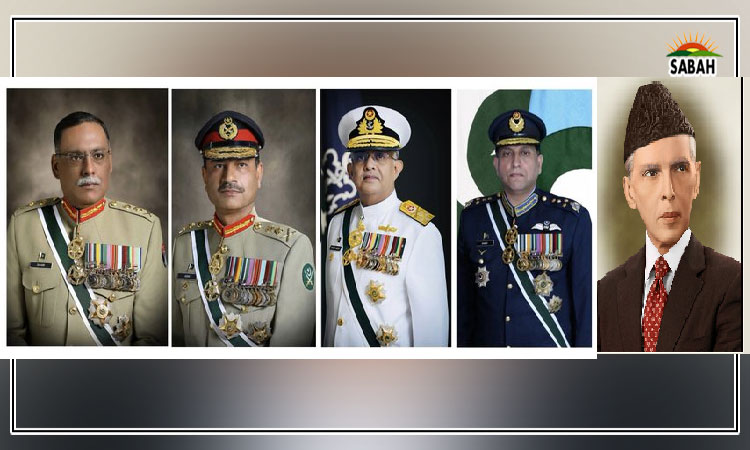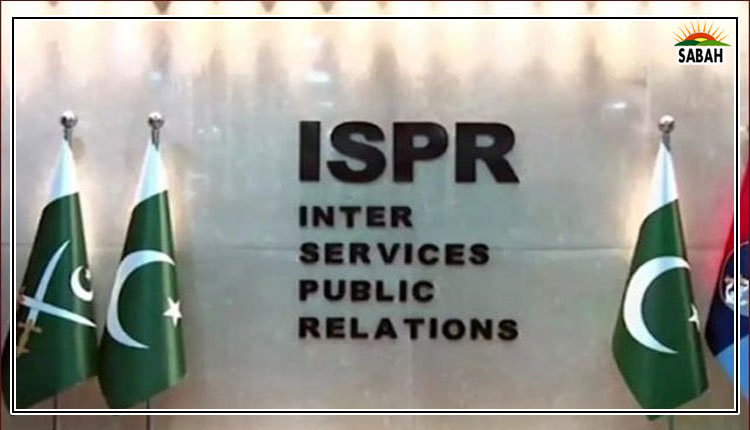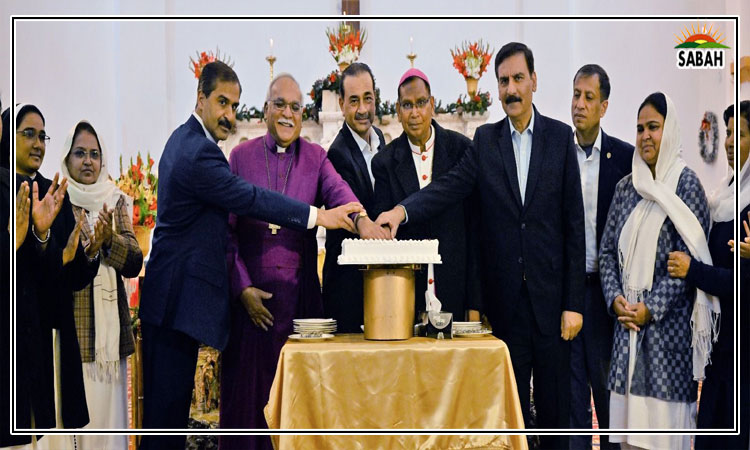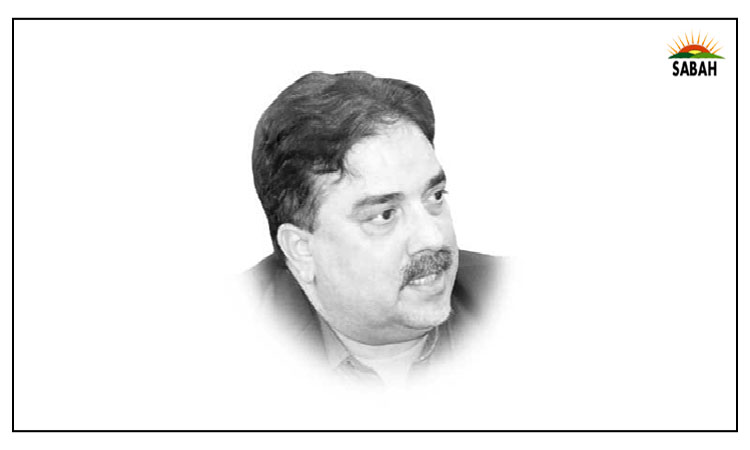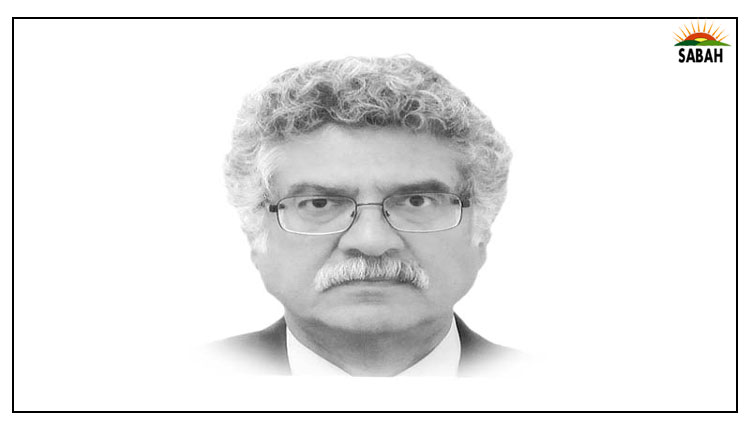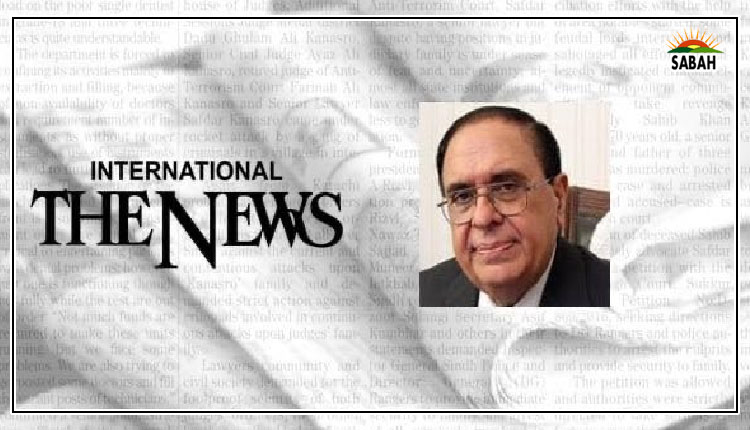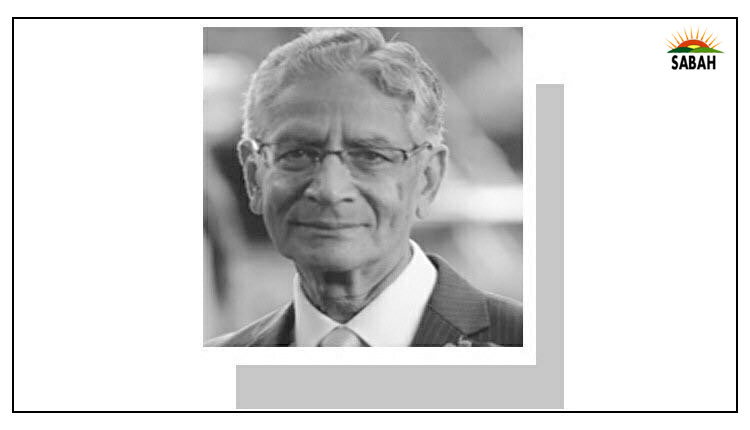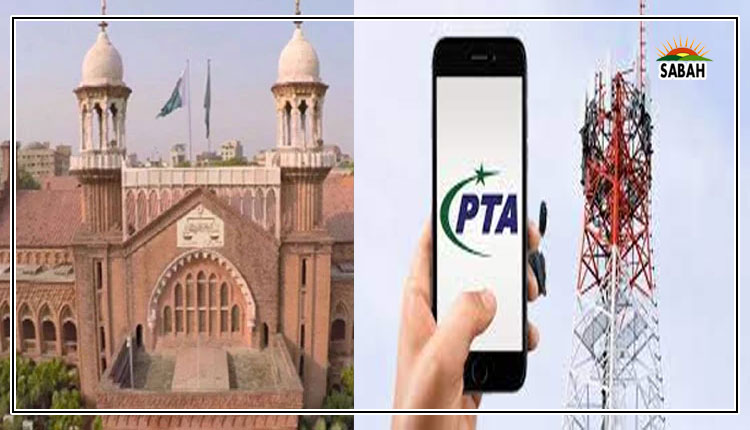LHC turns down the petitioner’s request to grant interim relief by immediately passing directions to restore internet service
LAHORE, May 11 (SABAH): The Lahore High Court (LHC) on Thursday sought replies from the federal government and the Pakistan Telecommunication Authority (PTA) in a plea to restore cellular internet service and social media platforms which were disrupted after protests broke out following the arrest of Pakistan Tehreek-e-Insaf (PTI) Chairman and former prime minister Imran Khan.
Directing the government and PTA to submit a reply by May 22, Justice Abid Aziz Sheikh turned down the petitioner’s request to grant interim relief by immediately passing directions to restore the internet service.
A day earlier, the petitioner requested the LHC to declare the impugned blockage as arbitrary, illegal, unlawful and unconstitutional which is tantamount to depriving the public of their basic right.
As proceedings commenced on Thursday, the petitioner’s counsel argued that people’s life has been ruined by blocking the internet service.
To this, the lawyer representing the federal government argued that blocking internet service had become a requirement keeping in view the prevailing situation.
Justice Sheikh then asked if the internet service could be blocked if an issue pertains to national security. To this, the petitioner’s lawyer argued that the internet service could not be blocked even if there is a national security issue.
The petition was filed by petitioner Abuzar Salman Khan Niazi who made respondents the Federation of Pakistan through secretary ministry of information technology and telecommunication, Pakistan Telecommunication through its chairman, CM Pak Limited through its CEO, Pakistan Telecom Mobile Limited and others.
He contended in the petition that on May 9, the PTI chief was arrested but soon after his arrest, countrywide protests started as a result of which the internet service was blocked.
He implored that it is a settled principle of law that information on matters of public importance is the foundational bedrock of representative democracy and the accountability of the chosen representatives.
The superior judiciary of Pakistan has upheld the principle of maximum disclosure by saying that “as a rule, information should be disclosed and only as an exceptional privilege should be claimed on justifiable grounds,” added the petition.
He contended that the Supreme Court of Pakistan (SC), in the catena of judicial pronouncements has emphasized that making access to information is a right of the people and further stressed that all information which can be of any public importance must be made available to the general public.
“This right has been conferred on the people of Pakistan under Article 19-A of the Constitution. The same cannot be abridged, curtailed and eliminated or destroyed through imposition of blanket ban, prohibition orders. Thus, the impugned blockage of the internet service is liable to be set aside,” the petition stated.


